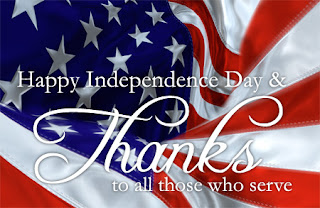So, I have been retired from Emergency Management for almost a year; I have done some public speaking on disaster preparedness as a community service and find how surprising it is that people still are not preparing for disaster. A couple of things have made me think harder about this and why it’s different for me (and maybe you). Someone posted a question on twitter last week, and it was this. “Nurses and phlebotomists spend time looking at veins to draw blood from, and when off duty can’t help but notice people’s veins; what can’t you not notice?”
Well for me it’s, hazards of where and how we live. I can’t not look at a high rise (or mid-rise) in an earthquake area and not think “uo – oh”. Or a low-lying home near a river and not think, “wonder if they are prepared for flooding”.
The second thing that gave moments for pause was this; I walk most every day for exercise; while walking I normally listen to NPR or a podcast. I just finished a 9 episode podcast called “The Big One – Your Survival Guide”. It was produced by KPCC Public Radio of LA; I highly recommend this well done and thought-provoking piece.
Many things were fascinating and I learned some new things, but the most fascinating thing to me (the thing I could not, not see) was one of the last episodes the whole crew talked candidly with each other (as we listened) about how they had spent months researching, interviewing experts and recording these episodes and most of them had not made headway in preparing for the Big One, even though they knew they lived on the San Andres Fault.
Here is what I walked away with is:
1. People can’t focus on the Big one, because unlike a Hurricane we don’t know when it will arrive.
2. Delivering bad news doesn’t work; we need to show people the benefit of preparing (see #1).
3. Optimism is bad; it causes the brain to underestimate bad things and overestimate good things. Think win lottery.
Going forward I will try to remember those points as I talk to people, but I still need to help people be prepared.
Next week I am talking to a group of HOA board presidents who live in buildings on Alki. I can’t not see the hazards of their buildings. Small Sea Wall, Sandy Soil, Hill Side behind them, one way out… Sigh
disasterdave


